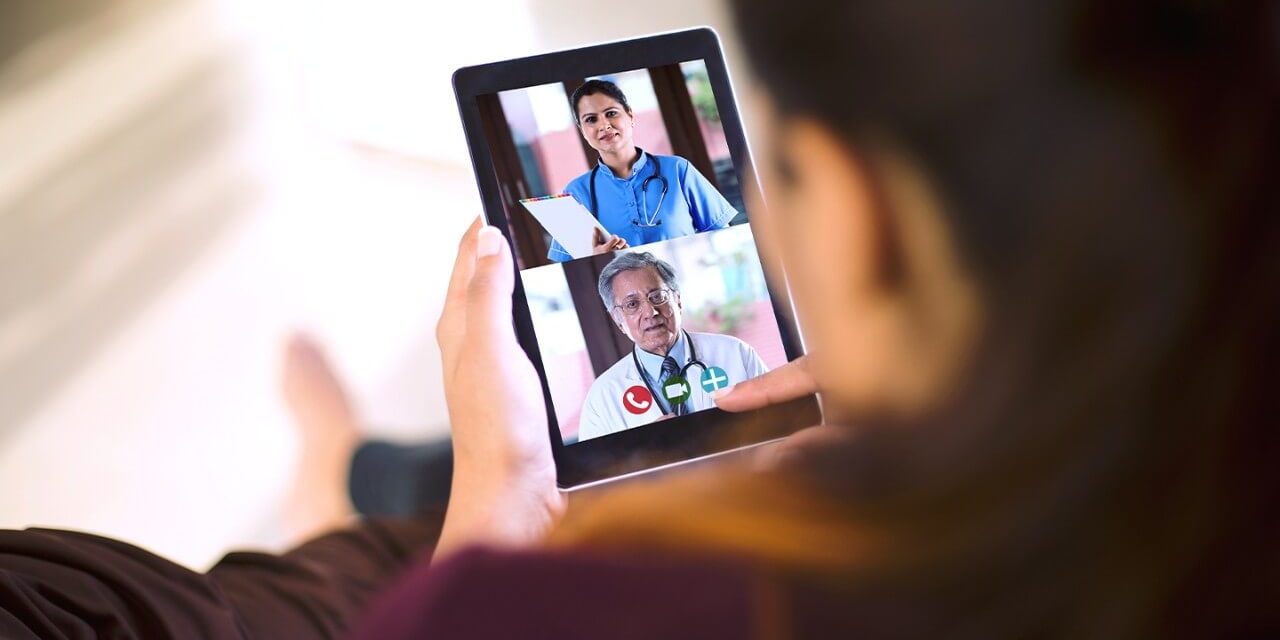With social distancing measures in place to stem the tide of COVID-19, telemedicine – the practice of consulting one’s physician through the phone or a video messaging app – has gained sway among both medical professionals and their patients.
While the bulk of telemedicine revolves around general or family medicine, Cadence, a health startup in the business of providing remote care, is set to revolutionize the industry by offering a socially distanced way to care for patients with chronic conditions at home.
Formed in December 2020, Cadence is set to make its debut with around $41 million in capital to set its initiatives in motion. The money was raised via Series A funding from several companies, including General Catalyst, Martin Ventures, and Thrive Capital.
The remote care startup is the brainchild of founders Kareem Zaki and Chris Altchek. Also comprising its founding group are several clinicians, health experts, and technologists.
Former presidential daughter Chelsea Clinton has also bought into the startup via Metrodora Ventures, her own venture capital company. In addition, Nashville-based entrepreneurial healthcare company Rubicon Founders CEO Adam Boehler has also invested in the firm as its ethos is in keeping with his company’s distance care initiatives.
Beyond vital signs
As with other telemedicine systems, Cadence aims to collect standard vitals, wellness information, and medical history from patients to give them a personalized plan to suit specific conditions on a daily basis.
According to Cadence co-founder and CEO Christ Altchek, current circumstances have made hospitals, clinics, and individual physicians rethink how critical care and maintenance are delivered to patients who have to live with chronic illness. As he puts it, Cadence makes tedious care more of a “simple, empowering, everyday event” for patients and their families or caregivers.
First up on Cadence’s agenda is helping improve therapeutic compliance among patients with chronic heart failure. This will be done within a specific area in order to test the waters prior to expanding the reach of its services. But this is just the tip of the iceberg, as Cadence also aims to offer distanced modalities for other chronic conditions.
Over time, the service will help those who have a hard time complying with their maintenance regimen, particularly those with chronic cardiovascular disease or hypertension. It is also expected to help monitor symptoms for those suffering from chronic obstructive pulmonary disease (COPD) and Type 2 diabetes.
Altchek and Cadence have also signed an agreement with Lifepoint Health as a way to connect their platform with a network of over 100,000 patients. Lifepoint will also provide a framework for billing support, as well as practice management for physicians and regulatory compliance.
For Lifepoint’s senior VP and chief medical officer Christopher Rehm, M.D., its partnership with Cadence reflects “an exciting step forward” in its mission of capacitating providers so that they can better support patients who need chronic care. If coupled with Cadence’s innovative proprietary technology, Rehm added that Lifepoinwouldll get closer to its vision of creating healthier communities.














